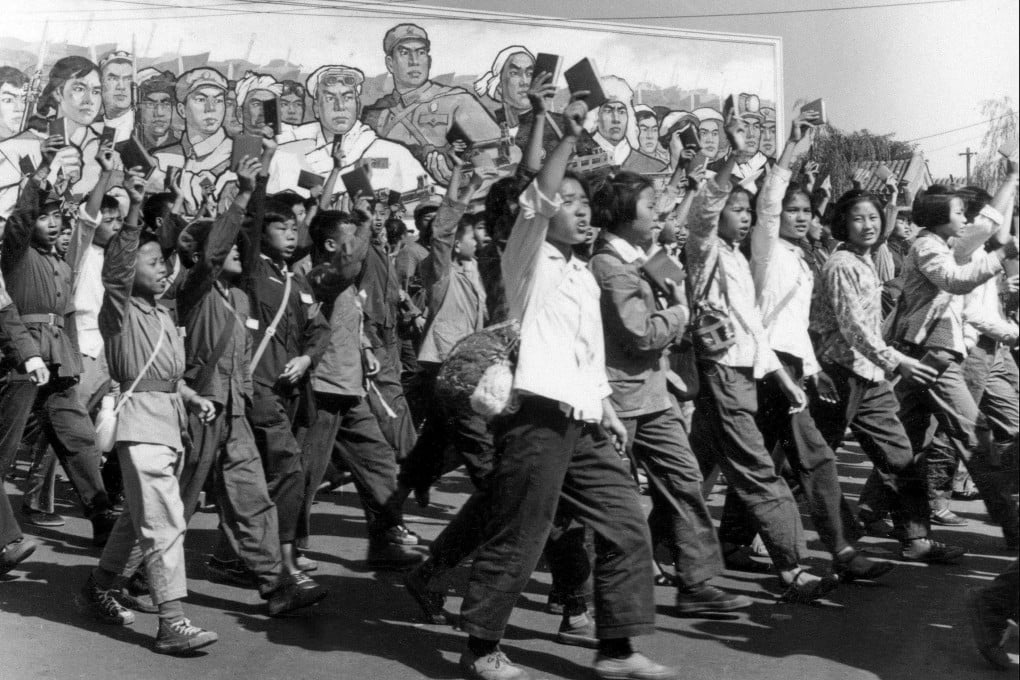Review | Yan Lianke’s Cultural Revolution novel of love and hate is a visceral, violent triumph
- Born into violence and destined for a violent death, the hero of Yan Lianke’s novel embodies the self-destruction inherent in revolution
- Mixed in with Gao Aijun’s bursts of radical politics are erotic encounters with a mistress. Which comes first, love or revolution, Hard Like Water is asking

Hard Like Water by Yan Lianke, translated by Carlos Rojas, pub. Grove Press
Hard Like Water is a novel about love and revolution. At least, this is a short and simple summary. As is hinted by the title’s Taoist paradox, Yan Lianke’s story spins love and revolution into ever-shifting circles that are, by turns, intimate and constructive, joyful and erotic, while at others seem contradictory and oppositional, deceptive and destructive.
Yan isn’t the first writer to pair the passions that fire radical politics and life-changing sexual infatuation. As his long-time translator Carlos Rojas writes in an epilogue, Hard Like Water updates a literary genre popular in the 1920s and 30s: “revolution plus love”. The question Yan asks of this construction is: which comes first, the revolutionary or the lover?
Our hero is Gao Aijun, who is born on the same night that Japanese soldiers murder the male population of his hometown, Chenggang, in the Balou Mountains (familiar Yan territory). Among the victims is Gao’s own father, killed as he steps outside to call the midwife. This conflation of birth and death is the first of many uneasy oppositions: love and hate, male and female, city and countryside, or as Gao tells his son, “Without destruction, there can be no creation.”

Thematically, Yan files all these polarities under two main headings: the personal and political. His own name, Aijun, means “love the army”; he will name his son Hongsheng, “born red”, and his daughter Honghua, “red blossom”.
